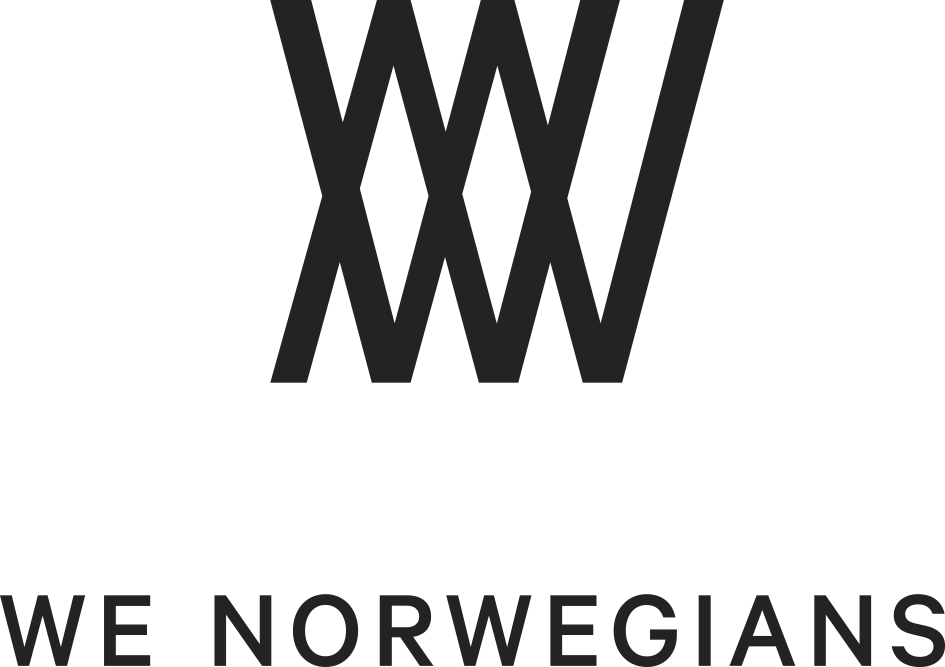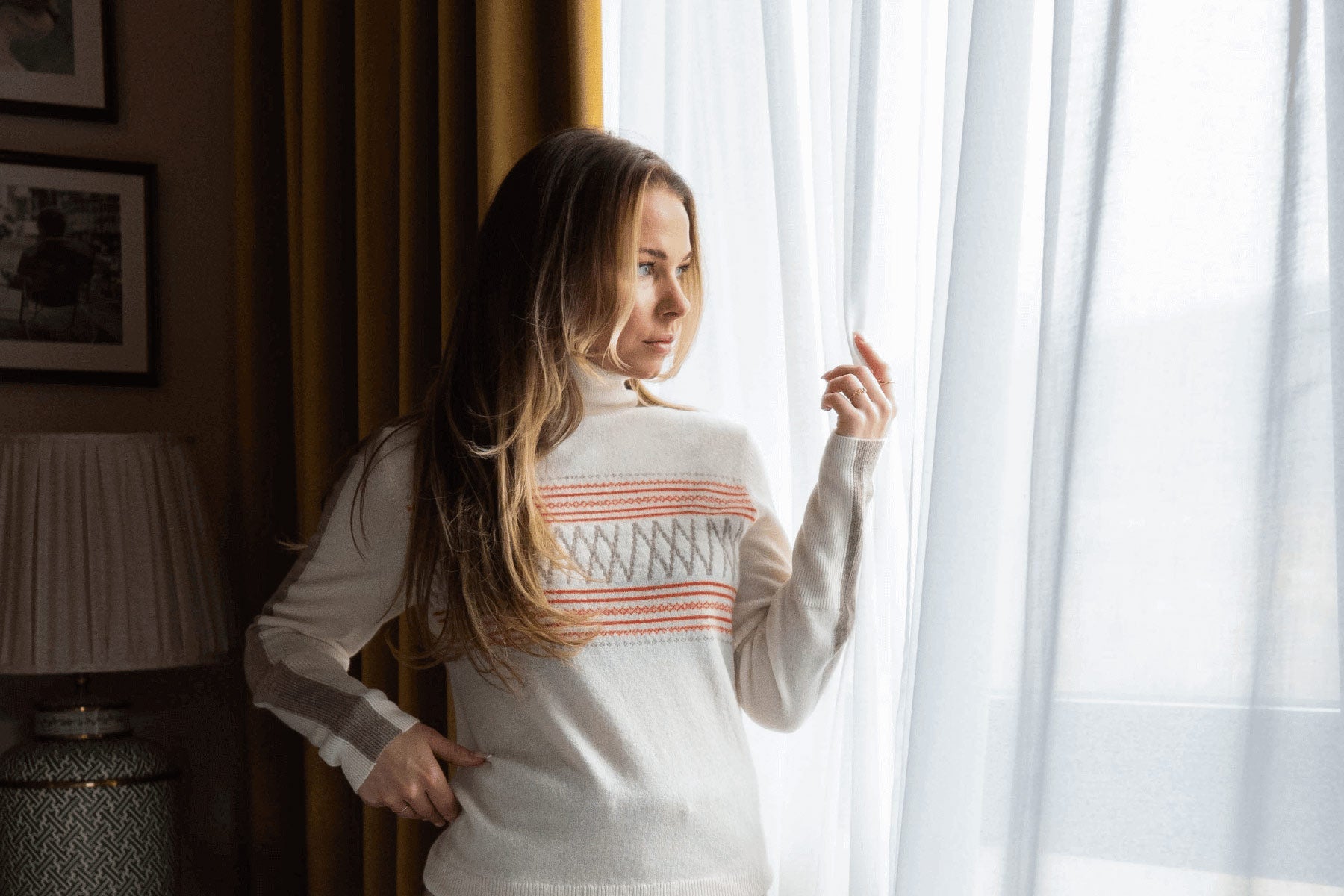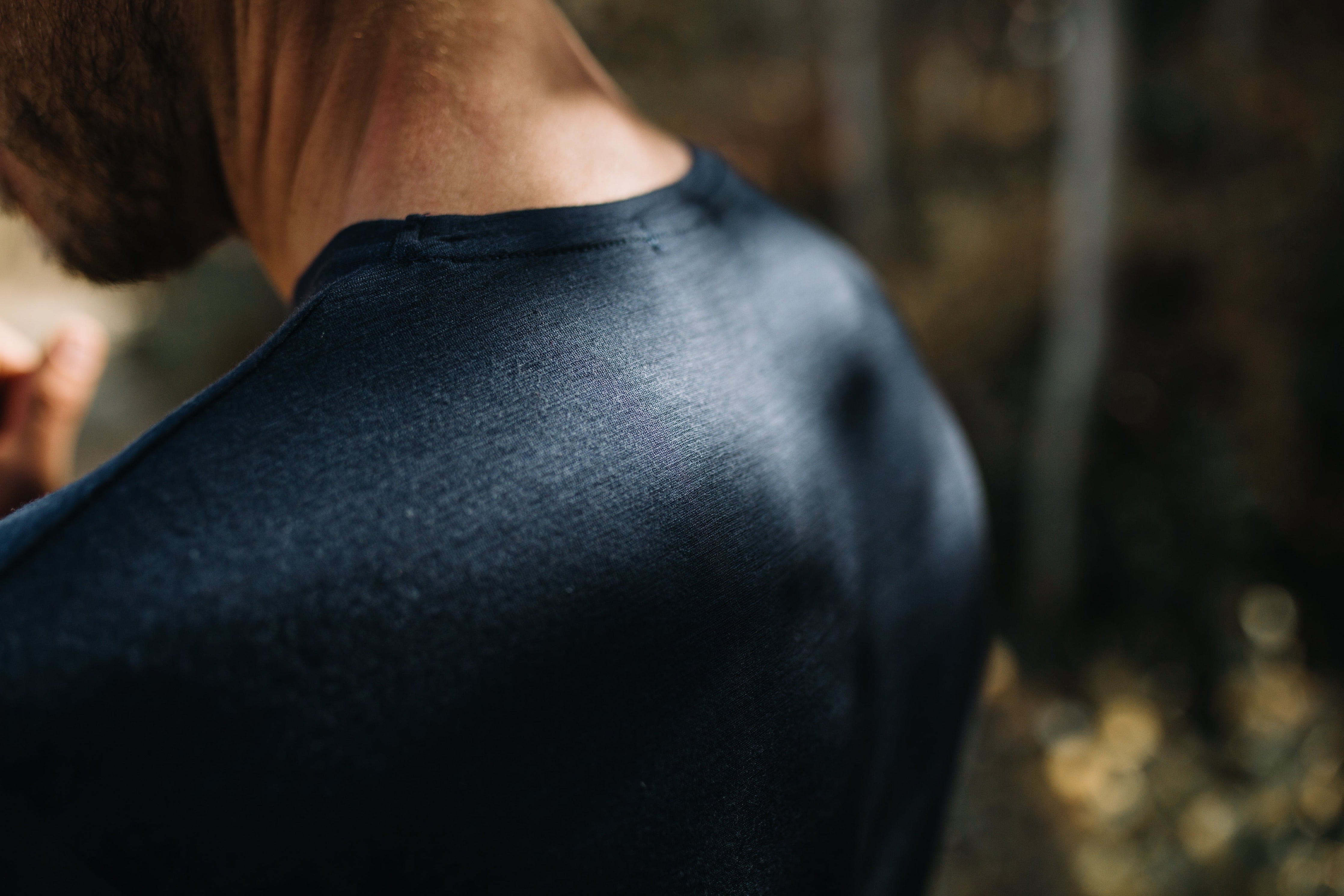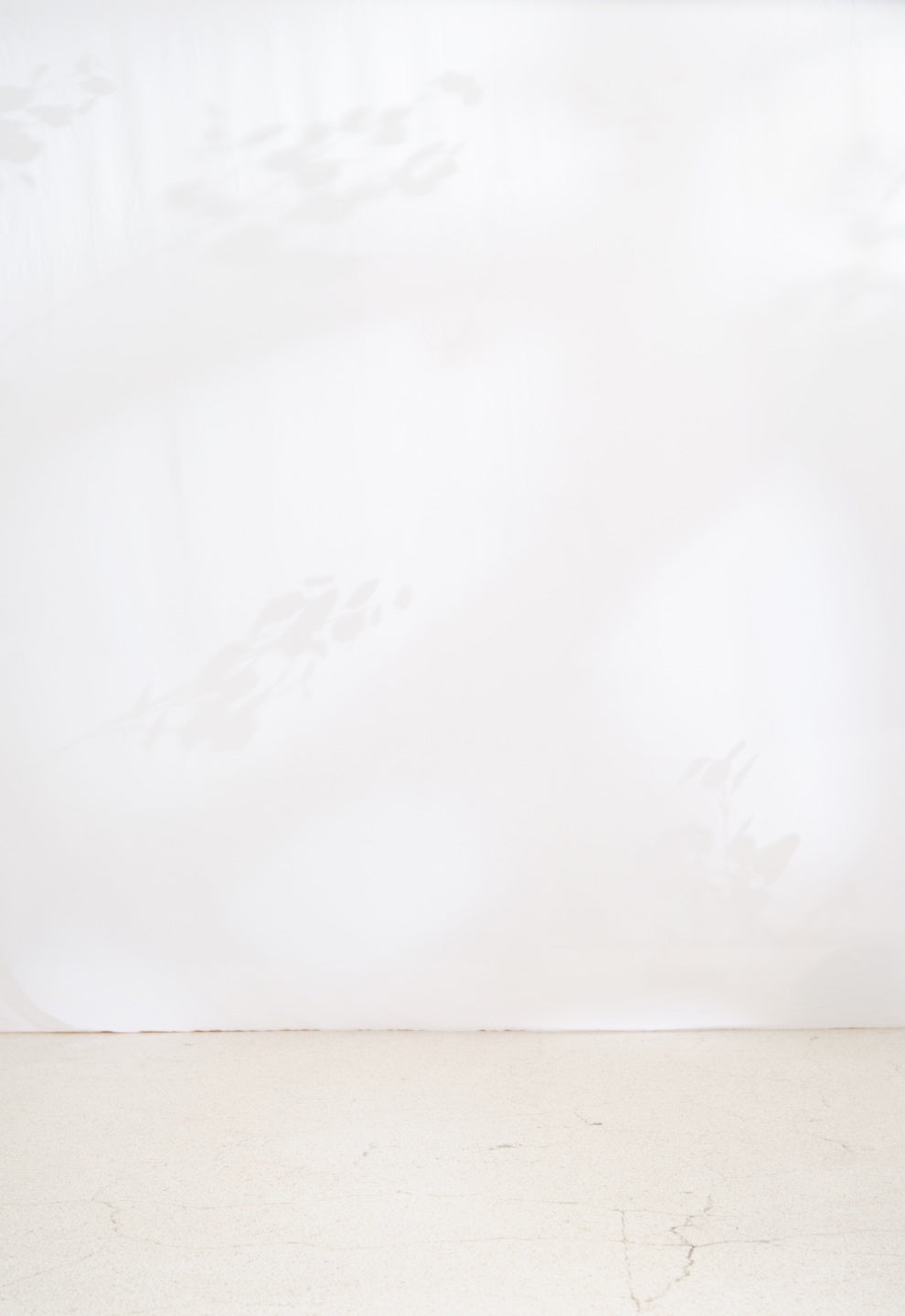
INTRODUCING: LYNGEN - Designing Clothing You Can Build Your Wardrobe Around

In the ever-changing landscape of fashion, where trends come and go with the seasons, our commitment is to create fabrics that last; products that can be worn over and over again and get better with time.
This month, we have caught up with Tove Grane, the visionary founder and designer behind We Norwegians, and she shared with us her perspectives on slow fashion, activewear crafted from natural materials, and the Scandinavian lifestyle.
1. What is the inspiration behind We Norwegians?
From the beginning, we aimed to develop a brand that was committed to natural fibres, crafting our products mainly from Merino wool, whilst creating garments with high quality as well as being a cross-over between sport and fashion. Coming from Norway, we tend to have a practical take on clothing as the weather is quite challenging many months of the year, so we need to dress in a way that protects us from the elements.
We also wanted to make a brand with a focus on the environment. We are conscious the textile industry is one of the most polluting ones in the world, so for us, it was important to create clothing where the people involved in the production were working under good and fair conditions.
2. What is the inspiration behind the new collection?
The spring/summer 24 collection is inspired by our Scandinavian active lifestyle; it reflects our way of life. In fall and winter, we are in the mountains, and in the summer, we go to the fjords or the coastline.
As seafaring people (we all know how great travellers the Vikings were!), being by the sea is in our DNA, so this collection is about dressing in a way that’s comfortable and practical when you are by the coast.
3. Do you have a favourite piece from the collection?
The piece I have used the most is the Lyngen coat in Ventile. I have used this both in California and Norway, layered over wool sweaters and wool fleece mid-layers.
4. What were the most significant challenges you faced in blending natural technical functionality with contemporary design?
When you use natural fibres, you have to consider what kind of technical functionalities you can add to the garments and meet the right people to do it. For instance, if you want taped seams, you have to work with vendors who know how to do this – and there are only very few skilled ones. Another thing you have to consider is the trims you add to the garment, as some of them can damage your pieces.
5. How did you learn about Ventile and why have you chosen it?
I heard about Ventile many years ago, when I was working as a designer for Åsnes, a Norwegian ski brand. I was looking for a cotton fabric which we could use for the traditional anoraks and came across Ventile while sourcing at ISPO, and I just loved the whole story and the functionality of the fabrics. I remember I made a parka for this brand, which I used the whole winter! With this and a Merino base layer underneath, you were perfectly comfortable and warm – as it’s also completely breathable.
With my brand, We Norwegians, I wanted to go back to this combination and make some versatile pieces you can wear all year.
6. What are your thoughts on the future of sustainable fashion?
I think we have come a long way since we launched the brand in 2014, and I can see that things are moving in the right direction. There are many layers and aspects to textile production, and how to be sustainable, but I think the most important factor is consumption. We are more conscious of what we choose to buy, and we are also choosing pieces we want to keep for a longer period than just one season.
At We Norwegian, particularly, we are also partnering with vendors who can offer repairs for our products, and I think we will see more people taking this up in the years to come.
A lot of people think that sustainability means only ‘eco-friendly’, but it is so much more. It’s a sum of all the aspects that are for the best of humanity and nature, meaning that the people who manufacture your products are treated well and that they work in safe environments.
I think education is super important, and another way I try to be sustainable is that I don’t focus on trend-led design. I try to design garments you can keep for a long time, and which you can build your wardrobe around. That’s also why we use colours that match from season to season, so you can mix and match over time.
